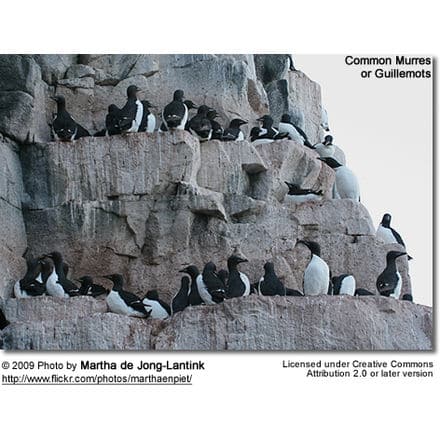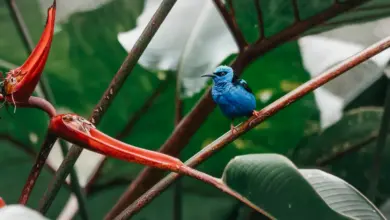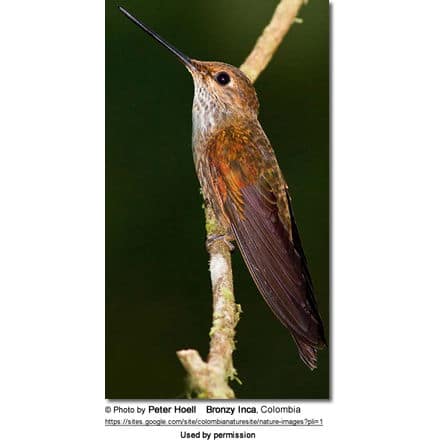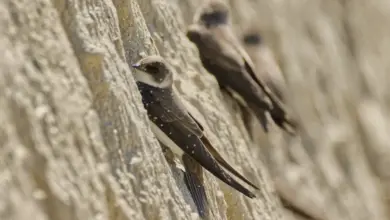White-winged Scoters
The White-winged Scoter (Melanitta deglandi) is a large sea duck, which breeds over the far north of Asia east of the Yenisey Basin, and North America.
It is sometimes considered to be conspecific (of, or belonging to, the same species) with the Velvet Scoter. These two species, and the Surf Scoter, are placed in the subgenus Melanitta, distinct from the subgenus Oidemia, Black and Common Scoters.
It winters further south in temperate zones, on the Great Lakes, the coasts of the northern USA and the southern coasts of Canada, and Asia as far south as China.
It forms large flocks on suitable coastal waters. These are tightly packed, and the birds tend to take off together.
Breeding / Nesting:
The lined nest is built on the ground close to the sea, lakes, or rivers, in woodland or tundra. 5-8 eggs are laid.
Description:
White-winged Scoter is the largest scoter at 51-58 cm. It is characterized by its bulky shape and large bill. The male is all black, except for white around the eye and a white speculum (= distinctive wing patch). Its bill has a black base and a large knob. The females are brown birds with pale head patches.
There are two subspecies:
- M. d. stejnegeri breeds in Eastern Siberia, and the nominate M. d. deglandi in Alaska and Canada west of the Hudson Bay.
Males of the American subspecies have browner flanks, dark yellow coloration of most of the bill, and a less tall bill knob, approaching the Velvet Scoter.
The Asian form has a very tall knob at the base of its mostly orange-yellow bill.
Females are identical in the field.
More Duck Resources
Diet / Feeding:
White-winged Ducks dive for crustaceans and mollusks.
Ducks generally feed on larvae and pupae usually found under rocks, aquatic animals, plant material, seeds, small fish, snails, and crabs.





